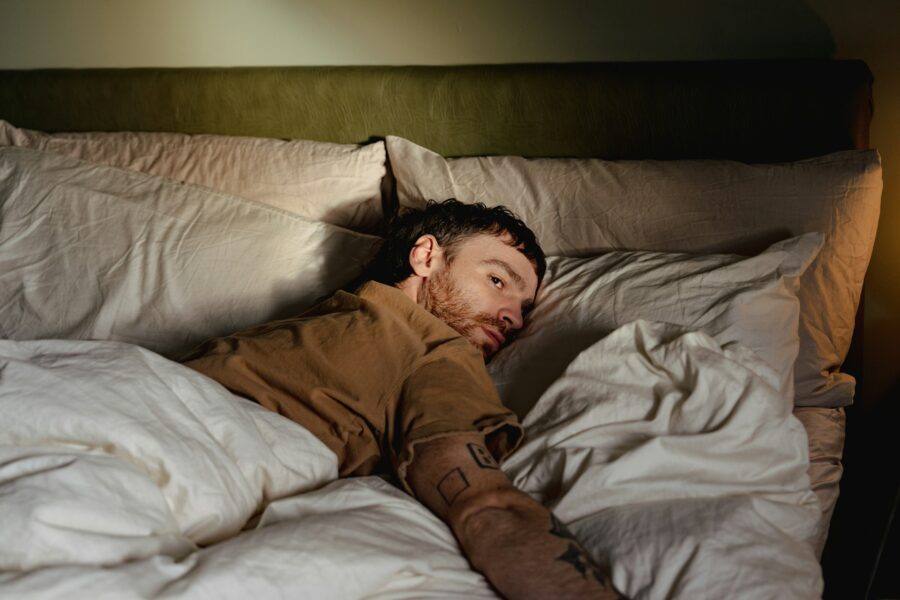Not everything from childhood gets left behind when you grow up, unfortunately.
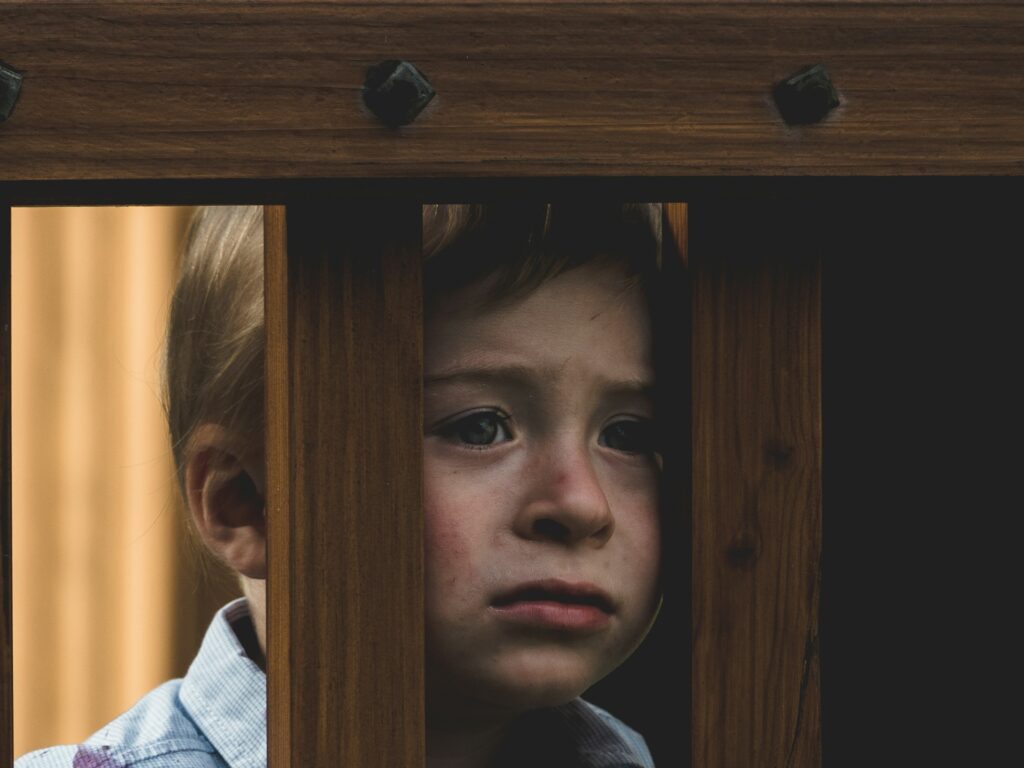
Some habits you picked up as a kid—whether you realise it or not—are still quietly shaping your mental health today. You’re not blaming your past for the issues you have now. Instead, you’re working towards understanding the patterns you learned early on, so you can make more conscious choices about how you want to move forward. Here’s how those early habits might still be showing up in your adult life.
1. If you learned to bottle up your emotions, you might struggle to ask for help now.

Growing up in an environment where emotions weren’t welcome often taught you to stay quiet about your struggles. Even now, you might instinctively hide what you’re feeling, convincing yourself that handling everything alone is the only option. This can make it harder to recognise when you’re overwhelmed or to trust that reaching out won’t backfire. Undoing this habit often starts with small acts of vulnerability—ones that remind you it’s safe to be seen.
2. If you were praised mainly for achievements, you might tie your worth to productivity.
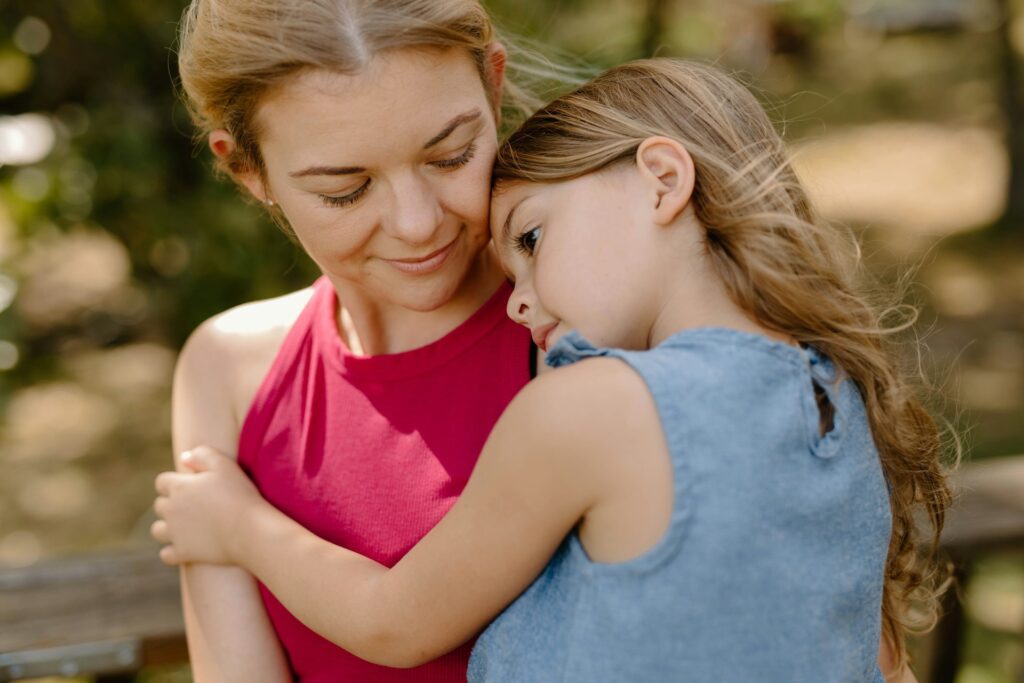
If good grades, trophies, or milestones were the main way you felt valued as a kid, it’s easy to grow into an adult who only feels good about themselves when they’re ticking boxes. That pressure never really turns off. It feeds burnout, anxiety, and a gnawing fear that you’re only as lovable as your last accomplishment. Healing means learning to separate who you are from what you achieve, and remembering that rest has worth too.
3. If you learned to be the peacemaker, you might ignore your own needs.

Being the “easy one” growing up—keeping everyone happy, smoothing over conflicts—teaches you to put yourself last. Often, that survival tactic becomes second nature well into adulthood. It’s easy to slip into relationships and jobs where your needs get overlooked, simply because you’ve practiced minimising them for so long. Building healthier habits starts with giving yourself permission to be inconvenient sometimes, and knowing that’s not a betrayal of who you are.
.4. If you grew up with unpredictability, you might feel safest when you’re in control.

Childhoods marked by chaos—whether emotional, financial, or otherwise—often train you to crave control as a way to feel safe. Planning everything, predicting outcomes, and avoiding risk might feel like second nature now. Of course, total control is an exhausting illusion. Mental health improves when you start trusting yourself to handle unpredictability, not just avoid it. It’s uncomfortable at first, but slowly teaches you real resilience instead of tightrope survival.
5. If you were criticised often, you might struggle with self-compassion.

When early feedback skewed critical, your inner voice often learned to echo that same harshness. You might downplay wins, obsess over mistakes, and hold yourself to impossible standards without even noticing. Self-compassion isn’t about making excuses. It’s about learning to speak to yourself the way you wish someone had spoken to you back then—encouraging, forgiving, and believing you’re allowed to be human.
6. If you learned to anticipate other people’s moods, you might be hyperaware of tension.
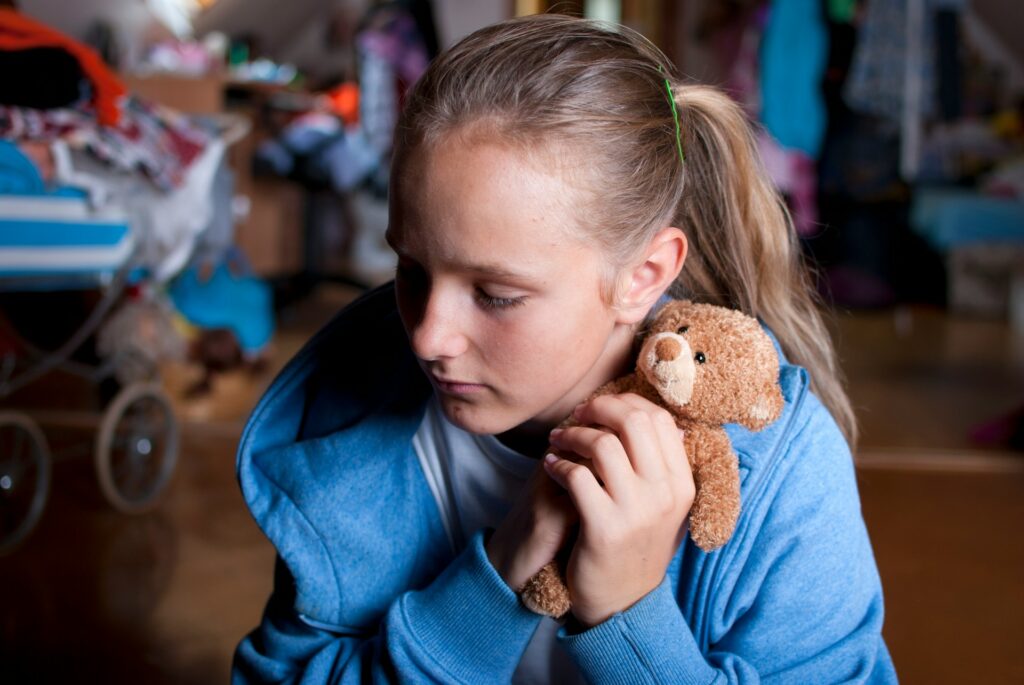
Growing up around emotional unpredictability sharpens your ability to “read the room” to a survival skill. Even now, you might find yourself constantly scanning for signs of anger, disappointment, or rejection. While emotional intelligence is a gift, hypervigilance isn’t. It keeps you on edge and drains your energy. Healing often means learning to notice tension without absorbing it as your responsibility to fix.
7. If you were encouraged to hide your struggles, you might feel shame around vulnerability.
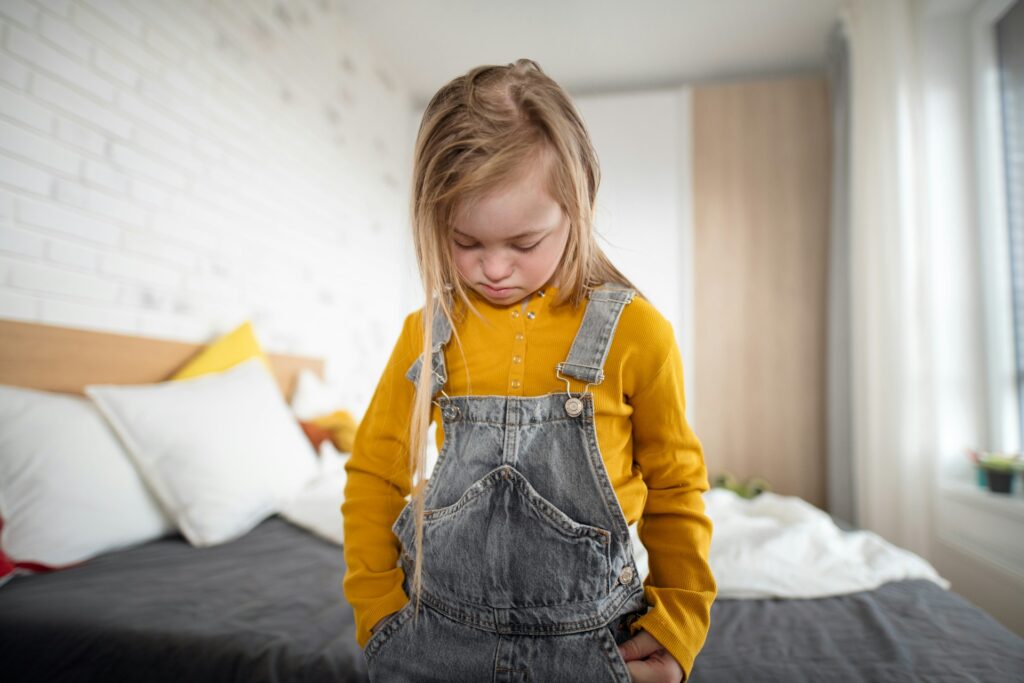
If you were taught that asking for help was weak, or that real problems stayed private—you might still feel uncomfortable being open, even with people you trust. That shame can turn every emotional need into a secret burden. Moving forward means challenging the old story that vulnerability is dangerous, and replacing it with new experiences that prove it’s where real connection starts.
8. If you grew up feeling responsible for other people, you might struggle to set boundaries.

When you learned early to parent yourself, or even parent the adults around you, it’s easy to carry that caretaker energy into every part of adult life. Saying no can feel selfish, even when you’re drowning. Healthy boundaries aren’t about rejecting people. They’re about protecting your ability to show up fully and sustainably. And that starts with recognising that your needs matter just as much as anyone else’s.
9. If you were taught that mistakes were unacceptable, you might fear taking risks
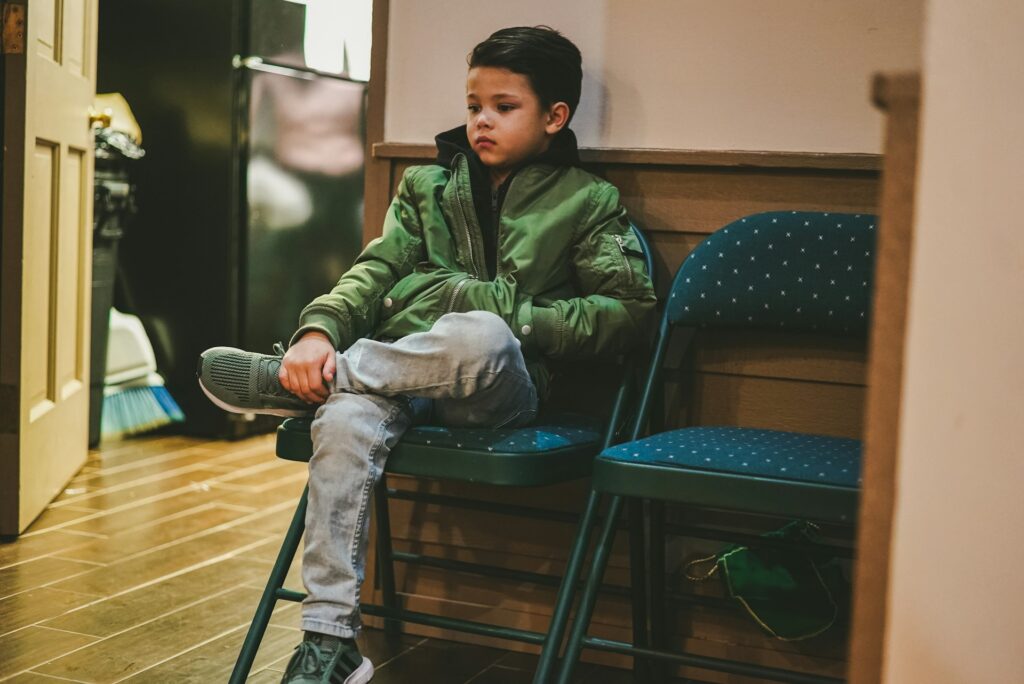
Growing up with a heavy fear of failure often teaches you to stay small. New opportunities, bold moves, and creative leaps all start to feel too risky—because what if you mess up? The thing is, avoiding risk doesn’t keep you safe—it just keeps you stuck. Building mental resilience means practising small acts of courage, proving to yourself that mistakes aren’t proof you’re broken. They’re proof you’re trying.
10. If you grew up with constant comparison, you might battle perfectionism.
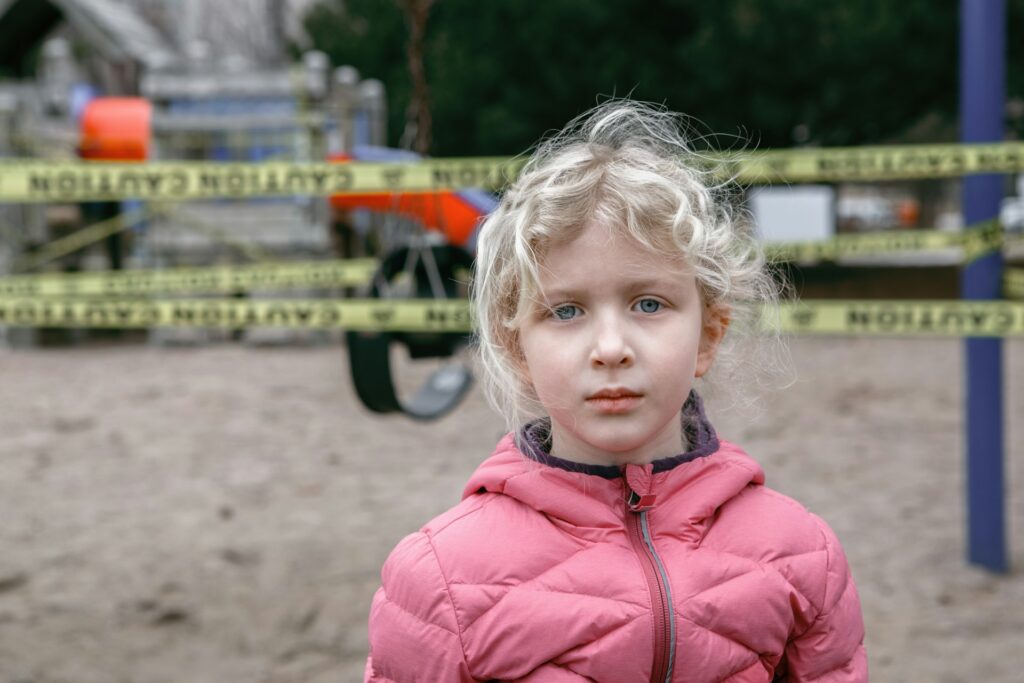
Constantly being measured against siblings, peers, or impossible standards wires you to believe you’re always falling short, no matter how well you’re actually doing. Perfectionism isn’t about having high standards. It’s about being terrified that anything less than flawless will make you unworthy. Healing means learning to value progress over performance, and to see yourself outside the lens of competition altogether.
11. If you learned to keep busy to avoid hard feelings, you might struggle with stillness.

In some homes, being busy was praised and sitting still with emotions was ignored or frowned upon. Over time, you might have learned to outrun feelings with busyness instead of addressing them head-on. However, no amount of work, achievement, or distraction will ever completely outrun your own heart. Finding peace now often means slowing down enough to let those old feelings catch up—and realising you’re strong enough to sit with them without falling apart.
12. If you were praised for independence, you might find it hard to trust support.
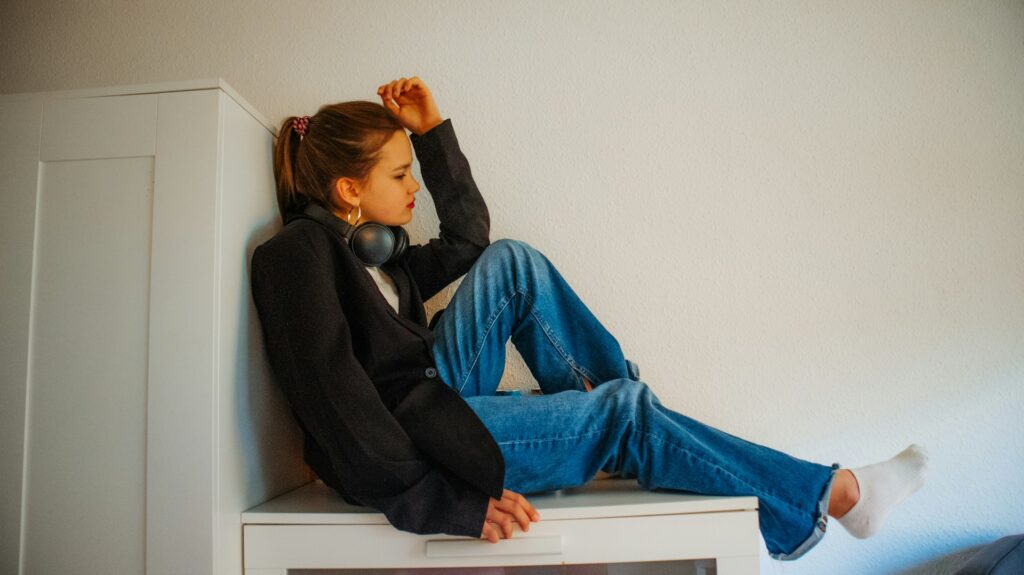
Being “the responsible one” or “so mature for your age” sounds like a compliment, but it can set up a quiet belief that needing help makes you less valuable. As an adult, accepting support can feel foreign, even unsafe. Healing means reframing independence—not as refusing help, but as choosing connections that honour both your strength and your need for softness sometimes too.
13. If you were expected to hide “negative” emotions, you might struggle to regulate them now.

When anger, sadness, or fear weren’t allowed growing up, those emotions didn’t disappear—they just got buried deeper. As an adult, they might burst out suddenly or feel overwhelming because they never got processed properly before. Learning emotional regulation often starts with validating what you feel instead of judging it. You can’t heal emotions you’re not allowed to have. Giving yourself permission to feel is often the most powerful first step toward balance.
14. If you grew up believing love had to be earned, you might struggle with self-worth.

When love felt conditional—tied to achievement, behaviour, or emotional labour—it sets a dangerous foundation: the belief that you have to perform to deserve affection at all. Healing from that story is slow, but possible. It starts with the radical idea that you are lovable simply because you exist, not because of anything you do, fix, or provide. And the more you practise believing it, the quieter those old survival habits become.

